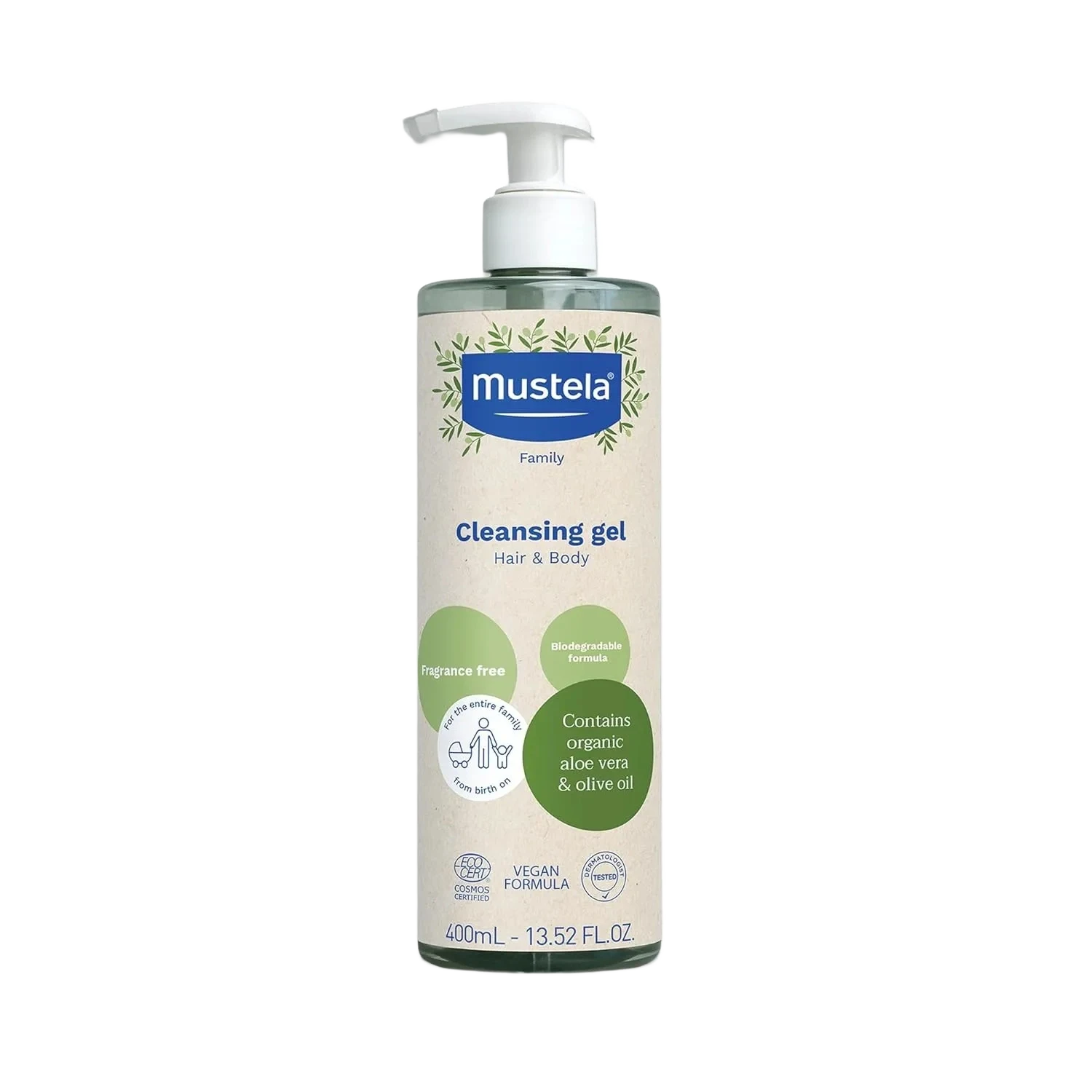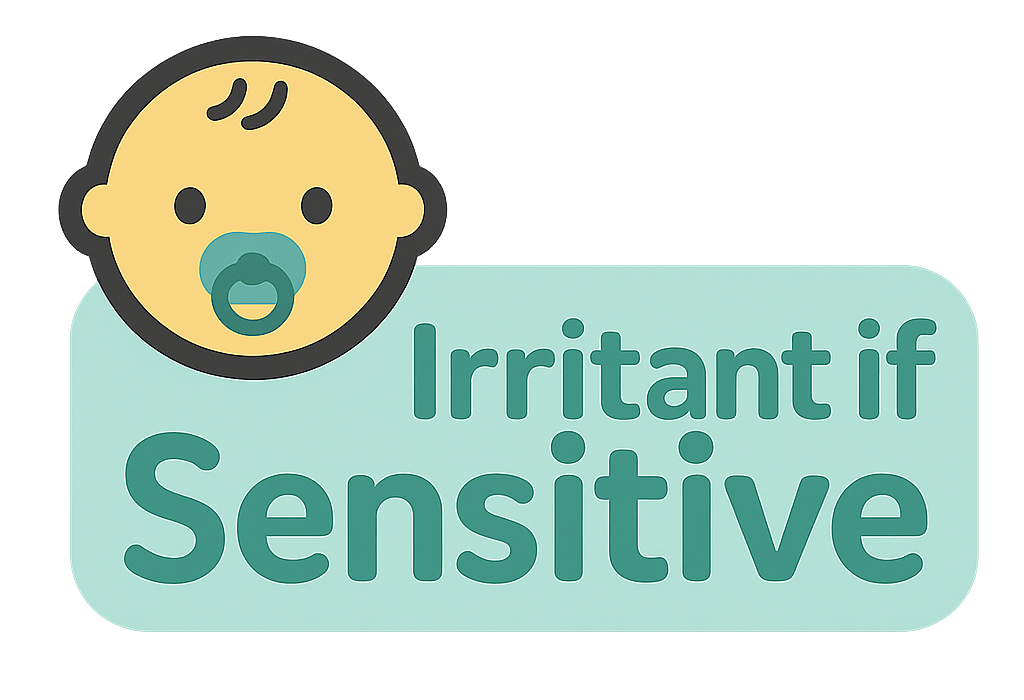Cleansing gel
shampoo & bodywash & conditioner • For 1-2 year old toddlers • Skin contact 🧴
Product Images
Product Photo

Tap to enlarge
Ingredient List

Tap to enlarge
Is this toddler-safe to use Cleansing gel?
Check for Different Age (6 available)
Ingredients Analysis (12 found)










Common Questions About Cleansing gel
Toddler-friendly? Cleansing gel
Use caution with Cleansing gel for 1-2 year old toddlers. Some ingredients may pose concerns.
What ingredients should I watch out for?
We analyzed 12 ingredients in Cleansing gel. 3 caution. Check the detailed analysis above for specific concerns.
When can toddlers using shampoo & bodywash & conditioner?
The appropriate age depends on the specific ingredients. This analysis is for 1-2 year old toddlers. Use the age selector above to check other ages.
⚠️ Important Disclaimers
Product Recognition: Product names are identified programatically and may be incorrect. Always verify product identity yourself.
Safety Analysis: Evaluations are for research only - consult pediatricians for medical decisions. Do not rely solely on this analysis.
No Guarantees: Results may be incomplete or inaccurate. Do not rely solely on this analysis.